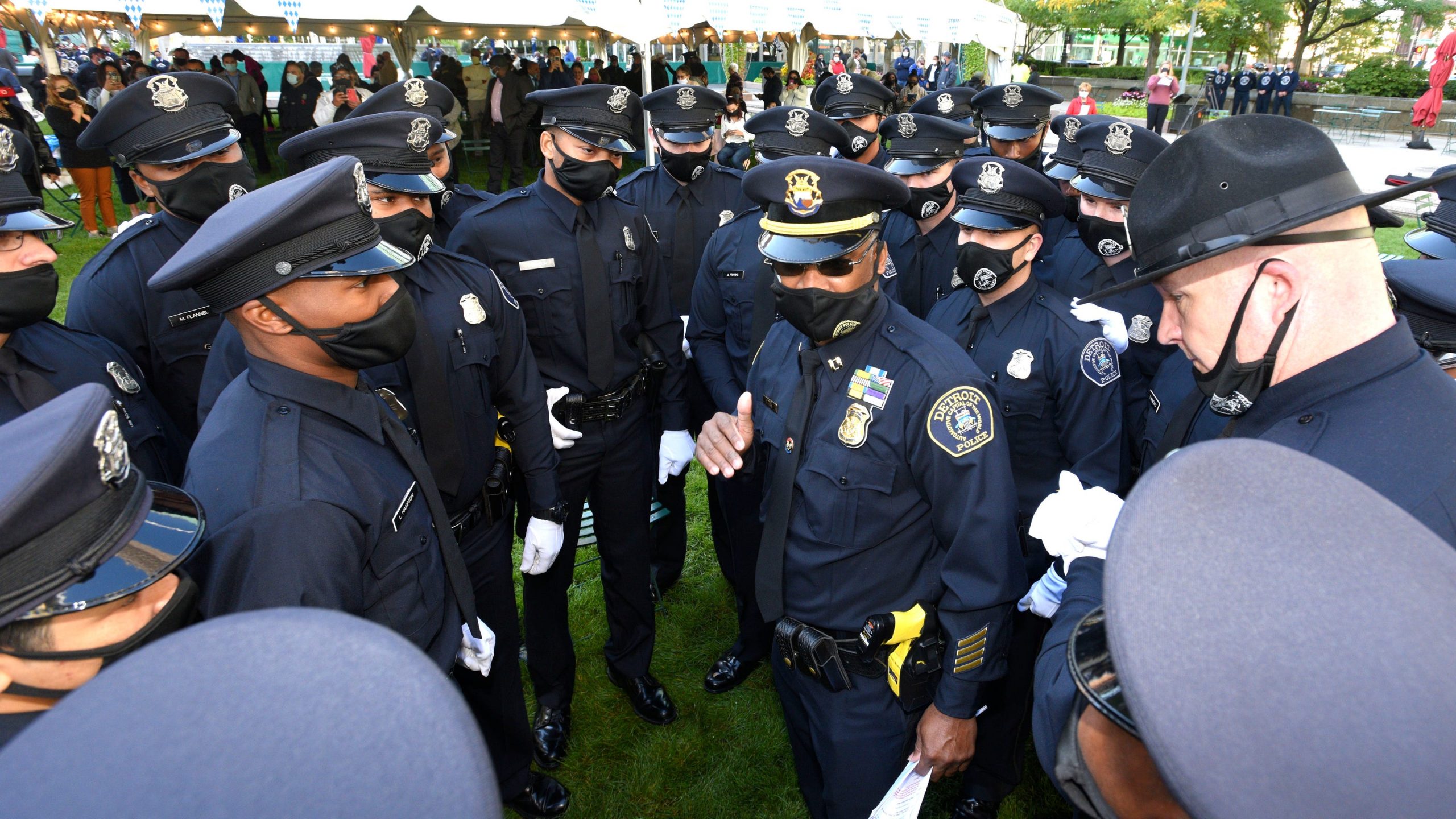Hypothesis 1: Police are constrained by laws enacted by legislatures and upheld by courts. That’s a major reason why laws and court decisions are important in defending a free society.
Hypothesis 2: Police rarely have any idea what the laws and court decisions say, and they do not care to know. They fancy their own actions to be “the law” by definition, they act as free-range kidnappers and executioners whenever they wish, and they almost always get away with this effectively unconstrained discretionary action.
I find the evidence on the whole more consistent with Hypothesis 2.




